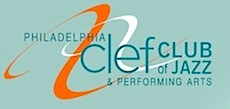Welcome to Philadelphia Jazz Project
The Sound Of Progress - Songs For John Henry
Jan 5, 2018
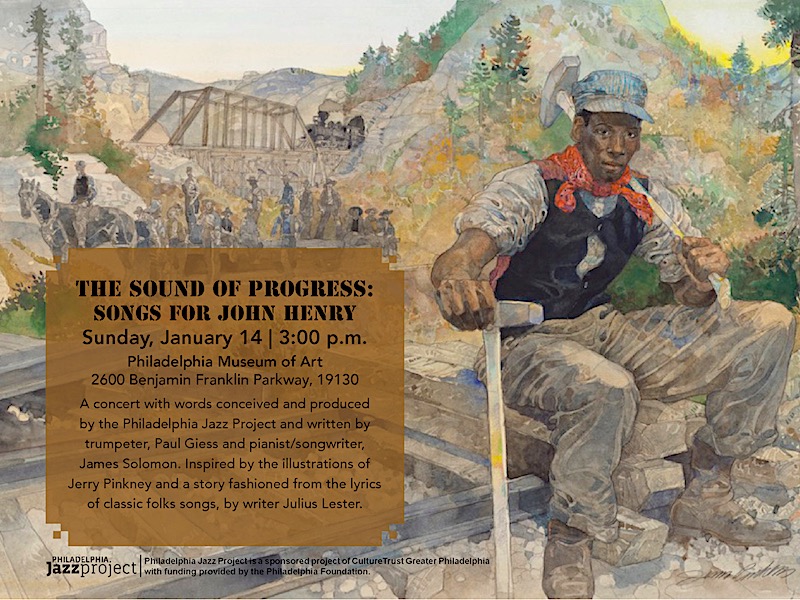 The Sound Of Progress: Songs For John Henry
The Sound Of Progress: Songs For John Henry
Sunday, January 14, 2018, 3:00pm
Philadelphia Museum of Art
2600 Benjamin Franklin Parkway
Phila., PA 19130
The program is FREE with Museum admission.
Pre-order Museum tickets for a discounted rate CLICK HERE.
Scroll down and click the orange button that says “Buy Now And Save.”
Then, click the green button that says “Buy Now” to save $2 off general admission.
Or just purchase admission at the door.
John Henry is an African American folk hero. In the years after the Civil War, he is said to have worked as a "steel-driving man"—a man tasked with hammering a steel drill into rock to make holes for explosives to blast the rock in constructing a railroad tunnel. According to legend, John Henry's prowess as a steel-driver was measured in a race against a steam-powered hammer, a race that he won only to die in victory with hammer in hand as his heart gave out from stress. The story of John Henry is told in a classic folk song, which exists in many versions, and has been the subject of numerous stories, plays, books, and novels. The historical accuracy of many of the aspects of the John Henry legend are subject to debate. Several locations have been put forth for the tunnel in which John Henry died.
The Sound Of Progress: Songs For John Henry is a concert with words conceived and produced by the Philadelphia Jazz Project and written by trumpeter, Paul Giess and pianist/songwriter, James Solomon. Inspired by the illustrations of Jerry Pinkney and a story fashioned from the lyrics of classic folks songs, by writer Julius Lester, The Sound of Progress is a musical performance with words. This piece investigates the story of a man who bests a machine, of a country struggling to accept the man as a human being, and of an enduring song that celebrates the underdog.
PJP spoke with the two key players in the development of this concert, Paul Giess and James Solomon. PJP spoke with them about this new concert and the process of developing it.
PJP: Can you tell us a little about your creative direction and your work as a artist or producer?
Paul Giess: I was asked to do this project because I had been dealing with Hymns in my writing recently. Using words and lyrics takes my music in a different direction, so the collaboration with James Solomon has been fruitful.
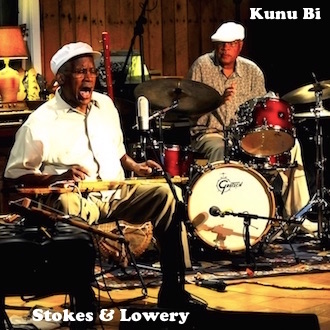 James Solomon: As a young song-writer I was engrossed with the popular recordings I heard on the radio and strived to get air play with my writing. That focus has changed considerably. I now focus on preserving our past and retelling our story, by employing as many musical forms as I can muster to address generational amnesia.
James Solomon: As a young song-writer I was engrossed with the popular recordings I heard on the radio and strived to get air play with my writing. That focus has changed considerably. I now focus on preserving our past and retelling our story, by employing as many musical forms as I can muster to address generational amnesia.
PJP: Tell us about The Sound Of Progress?
Paul Giess: The Sound of Progress is the cognitive dissonance of our society. The praise of technological advancement with out a full understanding of the negative repercussions those advancements might have.
James Solomon: This work gives me another opportunity to tell our story. It is a story of the past and the present. The questions that were posed by the conflicts in this piece still exist today.
PJP: What were some of the challenges in writing it?
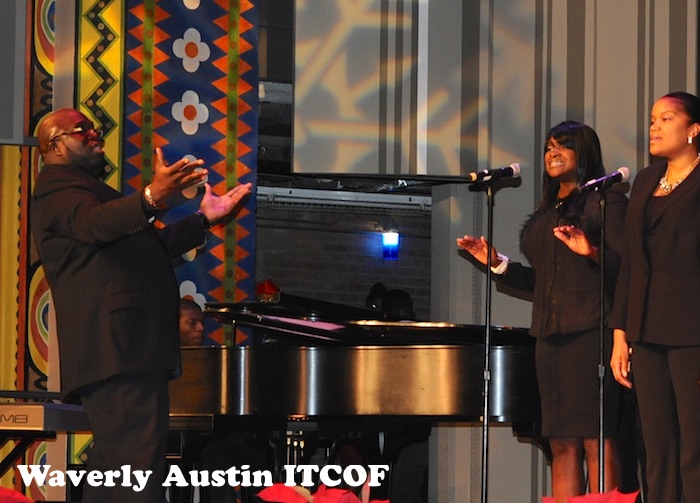 Paul Giess: This ensemble as never played together before, we aren't really going to know what we are dealing with until we hit rehearsal. We are going to prepare the composition as much as possible but this is going to be a living, breathing composition.
Paul Giess: This ensemble as never played together before, we aren't really going to know what we are dealing with until we hit rehearsal. We are going to prepare the composition as much as possible but this is going to be a living, breathing composition.
James Solomon: Time is always a factor when taking on such broad topic. While the theme appears straight forward the nuance is undeniably difficult to fully capture owing to people’s familiarity with the topic.
PJP: Why is this project important?
Paul Giess: This folk lore is important for historical perspective on issues that are imminent in our society today. Specifically technology outpacing the usefulness of working people, and the unlawful persecution of innocent black men.
James Solomon: There is a perception about a person’s worth being tied in some way to their work. The ultimate question is how do we maintain that lens if we are all replaced by machines? We know how efficiency serves us consumers, but how will it serve us as workers, and producers when we are replaced.
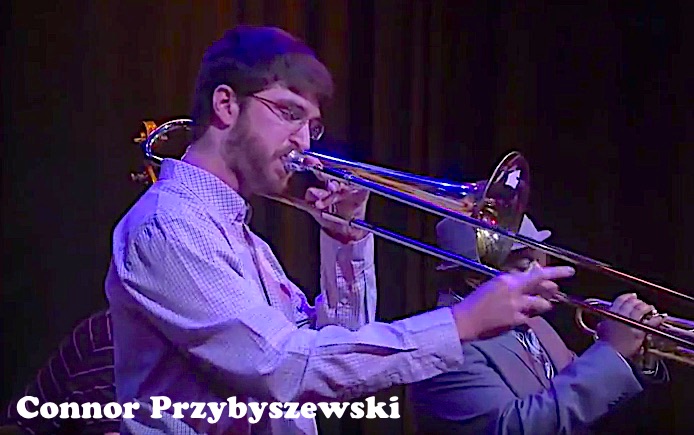 PJP: Tell us about the people / artists working with you.
PJP: Tell us about the people / artists working with you.
Paul Giess: Working with James Solomon has been great! He's got wisdom from many years on the scene and he has an attitude and drive that helps to push me to better my contribution to this project.
James Solomon: Trumpeter Paul Giess is extremely talented and nimble as creative artist, as is Homer Jackson. Ed Stokes and Tom Lowery of the African and Afro-American roots music group, Kunu Bi, who bring a kind of authenticity to this period piece that allows us to glide back and forth in time. I am excited about working with one of my favorite bassists; Tony TNT Jones again. Then, there are trombonists Ernest Stuart and Connor Przybyszewski, who I enjoyed working with in the past. And I am excited about working with pianist, Will Brock and the exceptional vocalists of the Waverly Alston group: Helena Reid, Cyrile Trawick, Sirjaz Watson and guest vocalist, Sonni Dey.
PJP: Why Jazz? When you could be doing anything else, Why this music?
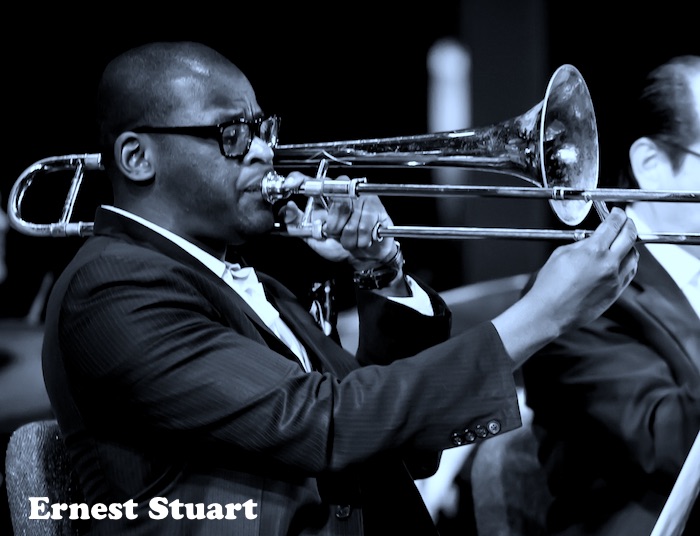 Paul Giess: Jazz allows for a dynamic range of expression that is reflective of our lived experiences. Sometimes it's beautiful, sometimes it's ugly. Sometimes it's an Ugly Beauty!
Paul Giess: Jazz allows for a dynamic range of expression that is reflective of our lived experiences. Sometimes it's beautiful, sometimes it's ugly. Sometimes it's an Ugly Beauty!
James Solomon: Jazz was and Jazz is a top of the line vehicle that should never remained parked. It belongs on the open road.
The Sound Of Progress: Songs For John Henry
Sunday, January 14, 2018, 3:00pm
Philadelphia Museum of Art
2600 Benjamin Franklin Parkway
Phila., PA 19130
The program is FREE with Museum admission.
Pre-order Museum tickets for a discounted rate CLICK HERE.
Scroll down and click the orange button that says “Buy Now And Save.”
Then, click the green button that says “Buy Now” to save $2 off general admission.
Or just purchase admission at the door.
The Sound Of Progress Performers:
Paul Giess: Music Director, Composer & Trumpet
William Brock: Piano
Tony TNT Jones: Bass
Tom Lowery: Percussion
Ed Stokes: Diddybow, Harmonica & Vocals
Connor Przybyszewski: Trombone
Ernest Stuart: Trombone
Waverly Alston: Vocals
Sonni Dey: Vocals
Helena Reid: Vocals
Cyrile Trawick: Vocals
Sirjaz Watson: Vocals
James Solomon: Songwriter
Creative Team Bios
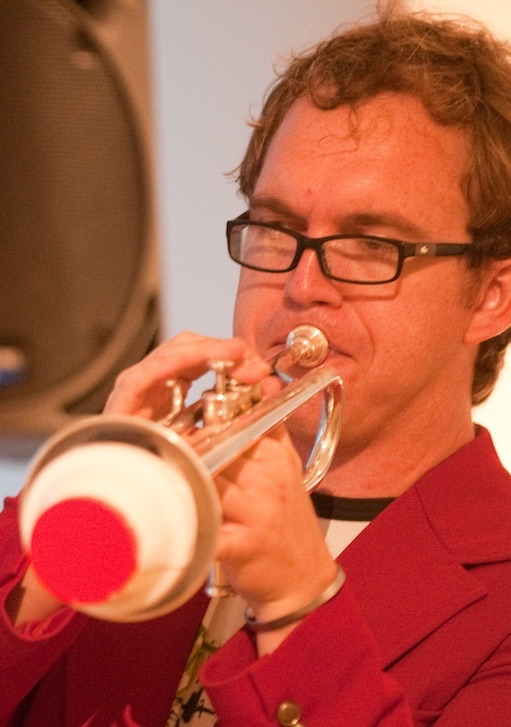 Paul Giess is a versatile trumpet player, composer, and educator from Philadelphia, PA. He is well-versed in classical, jazz, and commercial music styles. Paul earned his Master of Music Degree from Louisiana State University and a Bachelor of Music Degree, cum laude, from James Madison University. Paul has performed in various venues in the Delaware Valley including, Pennsylvania Academy of Fine Arts, The Free Library of Philadelphia, Ortlieb’s Lounge, Chris' Jazz Cafe, LaRose Cafe and others. He is a member of The Willow Trio and has released a solo album project, entitled, U Suite U.
Paul Giess is a versatile trumpet player, composer, and educator from Philadelphia, PA. He is well-versed in classical, jazz, and commercial music styles. Paul earned his Master of Music Degree from Louisiana State University and a Bachelor of Music Degree, cum laude, from James Madison University. Paul has performed in various venues in the Delaware Valley including, Pennsylvania Academy of Fine Arts, The Free Library of Philadelphia, Ortlieb’s Lounge, Chris' Jazz Cafe, LaRose Cafe and others. He is a member of The Willow Trio and has released a solo album project, entitled, U Suite U.
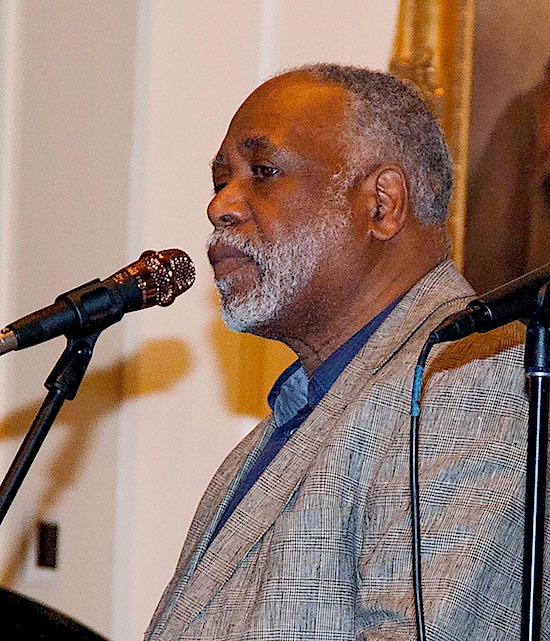 James Solomon is a native Philadelphia songwriter, who began his career through collaborations with 1960s R&B singer and songwriter Eddie Holman. They co/wrote top hundred songs: “This Can’t Be True”, “Don’t Stop Now”, and "Stay Mine For Heaven’s Sake.” Solomon’s longest collaboration has been with musician, songwriter, and producer Alfie Pollitt. They have done countless songs in many genres and most recently, co-authored the original music for the play “3 Divas 3” with playwright, Karen Smith.
James Solomon is a native Philadelphia songwriter, who began his career through collaborations with 1960s R&B singer and songwriter Eddie Holman. They co/wrote top hundred songs: “This Can’t Be True”, “Don’t Stop Now”, and "Stay Mine For Heaven’s Sake.” Solomon’s longest collaboration has been with musician, songwriter, and producer Alfie Pollitt. They have done countless songs in many genres and most recently, co-authored the original music for the play “3 Divas 3” with playwright, Karen Smith.
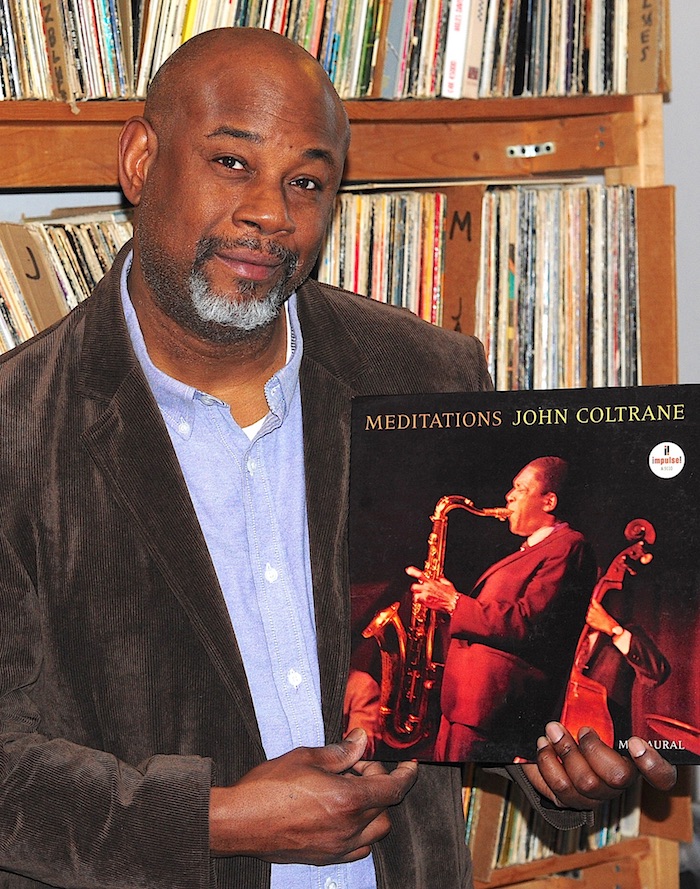 Homer Jackson is an interdisciplinary artist who uses images, sounds, text, live performance, video, audience participation and found objects to tell stories. Jackson is a BFA graduate of the Philadelphia College of Art and he holds a MFA from Temple University's Tyler School of Art. He has created performances with artists such as the late violinist, Leroy Jenkins, multi-instrumentalist Douglas Ewart, the late poet, Essex Hemphill, MacArthur Foundation, "Genuis" Award recipient, Joyce J. Scott, as well as Philadelphia's favorite; The Roots. Homer Jackson serves as the director of the Philadelphia Jazz Project.
Homer Jackson is an interdisciplinary artist who uses images, sounds, text, live performance, video, audience participation and found objects to tell stories. Jackson is a BFA graduate of the Philadelphia College of Art and he holds a MFA from Temple University's Tyler School of Art. He has created performances with artists such as the late violinist, Leroy Jenkins, multi-instrumentalist Douglas Ewart, the late poet, Essex Hemphill, MacArthur Foundation, "Genuis" Award recipient, Joyce J. Scott, as well as Philadelphia's favorite; The Roots. Homer Jackson serves as the director of the Philadelphia Jazz Project.
Follow PJP, like us, or just check us out at our pages on these social media platforms...
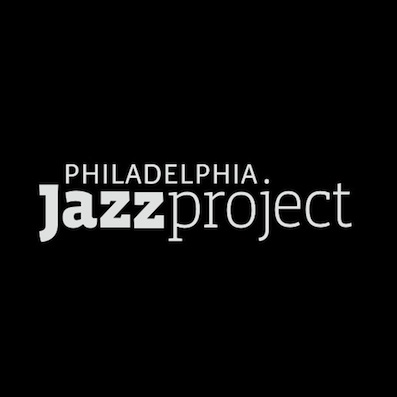

Philadelphia Jazz Project is a sponsored project of the Culture Trust | Greater Philadelphia, with funding provided by The Philadelphia Foundation.

















